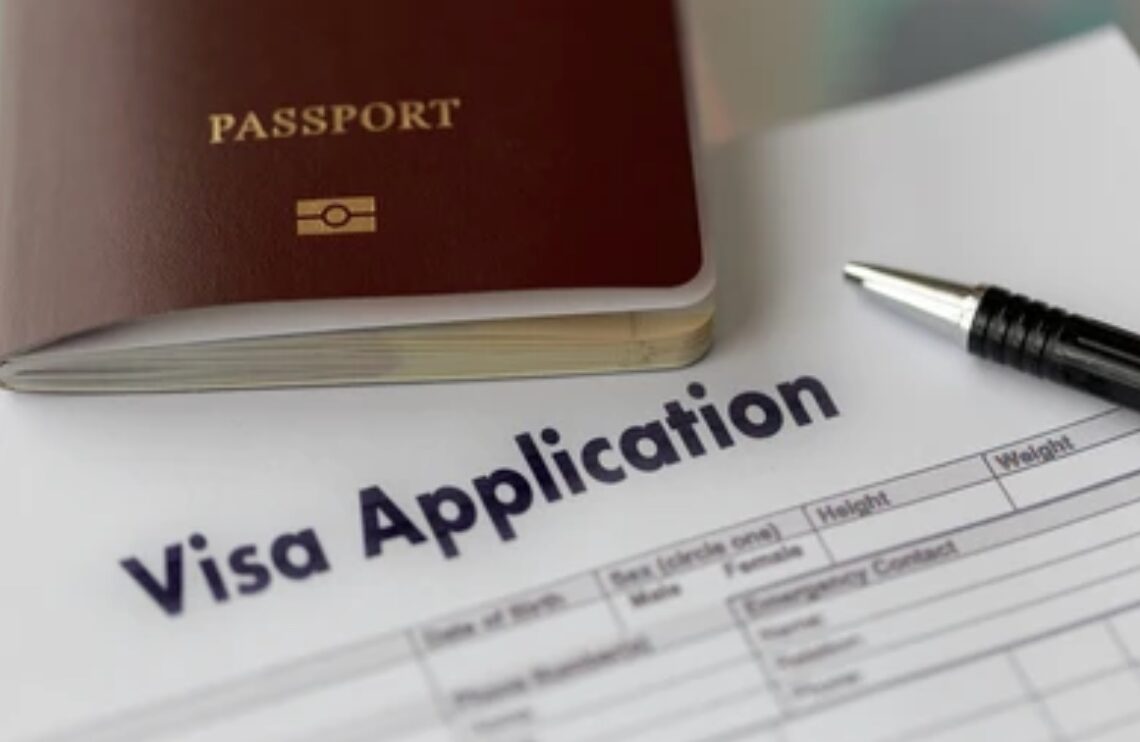(2017) Recently, my friend has plans to study graduate courses in New Zealand, but I heard that the annual salary is only more than NZD 50,000. And, I may not be able to apply for a green card if I find a job, so he asked me for verification. I think this is a very common question, especially after the Immigration Bureau tightened the policy last year, the salary standard for skilled immigrants has always been the focus of discussion for new immigrants. After answering my friend question, I considered that may be there are still many people have questions in this regard, so I will share what I know, hoping to help people with similar confusion.
According to the regulations of the Immigration Bureau, when applying for a New Zealand skilled migration, if the applicant has a New Zealand job or an invitation letter, they can get 50 points. (SM6.5 A principal applicant’s current skilled employment in New Zealand or offer of skilled employment in New Zealand qualifies for 50 points.)
https://www.immigration.govt.nz/new-zealand-visas/apply-for-a-visa/tools-and-information/tools/points-indicator-smc-28aug
official INZ tool to calculate your own score
To apply for SMC (Skilled Migrant Category Resident Visa) you will need a minimum score of 160, and because of that, work has always been the major focus. However, not all jobs can be regarded as skilled employment. One of the factors is to assess whether the salary level of the applicant can meet certain standards.
The Immigration Department’s current policy can be related to the applicant’s income level in two points:
1. It must meet the minimum salary threshold set by the skilled immigration category
New Zealand carried out a skilled immigration reform last year, with the purpose of improving the level and quality of skilled immigration, but adopted a relatively crude approach, which is to propose a salary threshold for all skilled employment skilled immigrants. If the income does not reach this minimum The standard is that the applicant cannot apply for skilled immigration. In other words, if the applicant’s income is not high, it means that the applicant’s work is not technical and cannot obtain the right of residence by applying for the skilled immigration category.
The standard set by the Immigration Department is that the salary cannot be lower than the median national income of New Zealand, and this median national income changes every year. The Bureau of Statistics gives specific figures: last year this figure was $23.49, this year It’s $24.29, and the annual salary is $50523.
The following are the policy terms of the Operational Manual of Immigration New Zealand after the update on 15/01/2018:
- i. a skill level 1, 2 or 3 occupation and the remuneration for that employment is $24.29 per hour or above (or the equivalent annual salary); or
- ii. a skill level 4 or 5 occupation and the remuneration for that employment is $36.44 per hour or above (or the equivalent annual salary); and
You can get this data through the Bureau of Immigration or Statistics, which changes once a year, or you can get the latest information by following my blog. In other words, no matter what position the applicant is in, as long as your income can reach the annual salary of $50523, it meets the basic requirements of the Immigration Department for the salary income of skilled immigrants.
2. The Immigration Bureau hopes that the salary of the applicant should be able to reach the market level
The New Zealand Immigration Service requires that when applying for a skilled migration, the applicant’s job is true.
The authenticity of the job seems to have nothing to do with the salary level of the applicant, but one of the logic of the Immigration Bureau is that if an applicant’s income is significantly lower than the common level of similar positions in the market, the job may be considered unreal. Specifically, the so-called job position may be bought with money, or there may be suspicion of low salary in exchange for PR, and some CO may think that the person’s job may not be technical, so the money earned is less. The detailed regulations are as follows:
- Employment will not be considered genuine if it is offered as a result of payment made by the applicant (or their agent or a third party) to the employer (or their agent or a third party) in exchange for securing that offer of employment. Such practices are contrary to the principles of the Wages Protection Act 1983, as well as to immigration instructions.
- When assessing whether an offer of employment is genuine an immigration officer may consider (among other things) whether the remuneration offered for the position is comparable to the market rate for New Zealand workers in that occupation.
The above terms are very clear, and the Immigration Bureau will consider whether the salary of the applicant meets the market level. There is an important point here. When making any judgments, immigration officials need to have laws to follow and have evidence to check. Similarly, when judging whether the salary level of the applicant is at the market level, it will not be based on feelings, but also have a very definite basis for judgment.
The main basis is the Occupation Outlook issued by MBIE (Ministry of Business, Innovation, and Employment New Zealand Ministry of Business Entrepreneurship and Employment, which is the owner of INZ). This career outlook contains income data for many different positions, occasionally as detailed as a new job. What kind of salary does graduated students get, and what kind of salary does people with rich work experience get? The Immigration Bureau mainly uses this information to judge the applicant’s salary level, whether it is reasonable, and so on.
It is worth noting that in many cases, even if your salary is lower than the so-called market level considered by the Immigration Bureau, as long as it does not fall below the first threshold red line above, you cannot easily be concluded that “work is not real” , but only As a reason for the CO to issue a letter of doubt, the salary is lower than the market level = the job is not true and there is no inevitable causality, otherwise the CO is playing rogue. Because a person’s salary is related to the actual situation, there are many factors that affect the composition of a person’s salary, such as: regional economic conditions, the revenue capacity of the employer’s business, the qualifications of the applicant, and so on. Most income data, including data from the Bureau of Statistics, can only be used as a guide, because the median is taken and it does not distinguish between regions. For example, the wage level of AKL and CHCH cannot be the same; And the salary level offered by Microsoft is not comparable to the income of a programmer from a private computer store… So in actual applications, even if many people’s income does not reach the so-called market level, as long as they can make a reasonable explanation, there is no comparison. questionable. How to explain the details, I can talk about it later when I have time.
Regarding salary income, I have expressed similar views in previous articles. Except for graduates without any work experience, you need to know the relevant data in advance. If you have a degree or have relevant work experience, there is no It is too big to consider whether your salary can meet the standards of the Immigration Bureau. Because the salary is not determined by us, but the market has the final say, and the Immigration Bureau also calculates according to market conditions. This is the same line. Applicants only need to pay attention to whether they can find a job , and whether they can find it. The job is mainly to see whether your qualifications meet the mainstream needs of the recruitment market. If it does not meet the market demand, even if you are willing to drastically reduce your income expectations, you may not necessarily get a formal skill job. New Zealand is already a very mature job. The labor market.
In addition, through a period of job hunting, applicants can easily grasp what kind of salary standard their position is in the current market. For employers whose salary is significantly lower than that of other similar positions, it is very easy for applicants to grasp the salary standard of their position. Don’t think about it in the beginning. And as long as the employer’s salary level is within the general market range, as long as you apply for the job, you will definitely be able to immigrate.
After you understand the above information, if someone tells you to apply for an immigration position in the future, do not confuse how many digits the annual salary must be before you can immigrate. The correct response is to immediately become happy and show it to the other party, because if the market is really For this quotation, you really should Hallelujah thank God-it turns out I can make so much money!
Under the current policy, if you are a graduate without any work experience, you must also look at the salary requirements of the Immigration Bureau in a moderate way. On the one hand, the Immigration Bureau does expect highly skilled people to stay in New Zealand. On the one hand, I also hope that graduates can focus on improving their career development and work hard to improve their professional level. Don’t expect to be the same as before. As long as they can get a green card until graduation, the Immigration Bureau has given it for one year. The job search time + two years of practical work permit. Three years are basically enough to accumulate enough work experience. The salary level corresponding to the corresponding three years of work experience has reached the mainstream level of the market. Of course, this is not always the case. Some professional graduates with no work experience can still apply directly for immigration as long as they can find a job after graduation, but this has gradually become less and the general trend is. At present, accumulating work experience is the way for most international students in the future-work experience has always been the core competitiveness.


